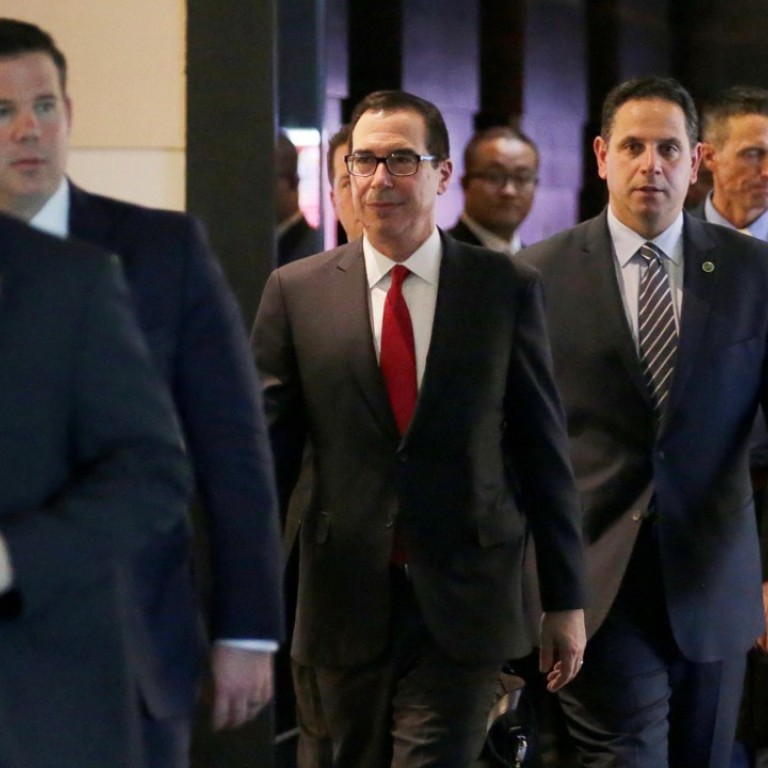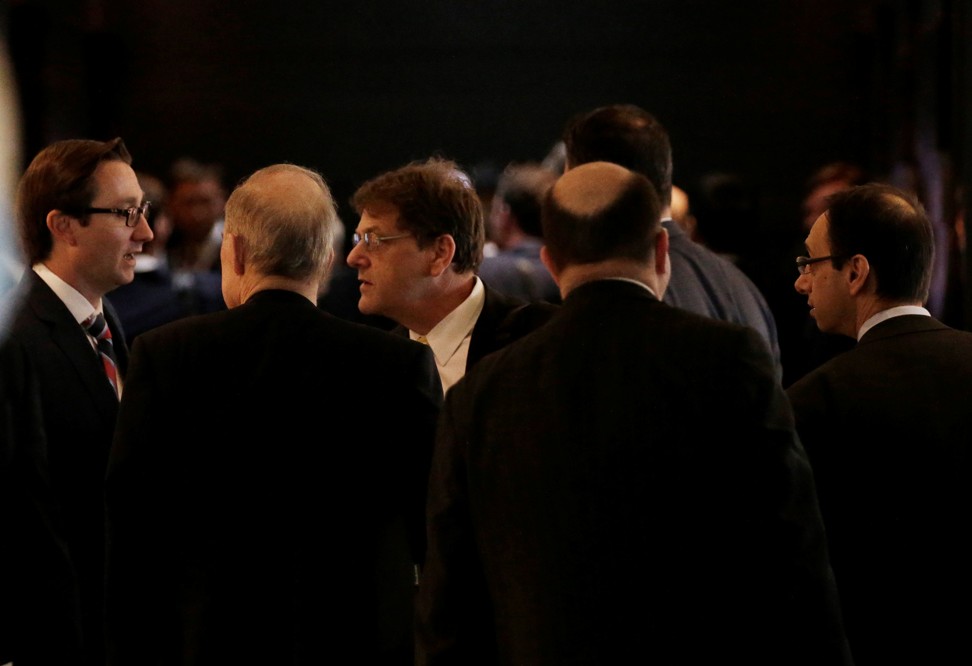
Disengaging is not just bad for US and China but also for the world
As China and the United States enter talks to head off a trade war, both sides believe they are in a strong position. But such confidence should send warning signals to the global community
Until now the defining event of 21st century trade was arguably China’s entry into the World Trade Organisation, with American support.
Seventeen years later, the two nations have begun talks in Beijing to head off a trade war that could determine the future of the international trading system.
The United States has sent a high-level team of President Donald Trump’s trade and economic advisers, mostly hardliners on China. Beijing is responding in the same spirit, officials ruling out American demands for changes in its industrial policy or concessions on the bilateral trade deficit.
Both sides are taking tough stands. Each side, not to mention the world economy, has more to lose than to gain from failure to bridge their differences.

The road ahead will be difficult. Reining in the trade deficit is relatively easy, if the will is there. But there is a perception that on the US side different people push different agendas.
Some say the ultimate aim is to press China to give up its industrial policy “Made in China 2025”, which has sparked concern in the US and Europe about forced technology transfers and aggressive acquisitions by Chinese companies to obtain technologies.
Some say it is to restrict China’s technological development and some even say it is about how to prevent China from challenging the US in the long run. While such perceptions persist they will fuel suspicion among mainland leaders, who can never entertain such agendas.
One reason the agendas are so broad is that the Americans are very confident, which does nothing to help formulate sober objectives.
If it comes to a trade war, the US is still in a position to inflict greater pain on its adversary through investment and trade. Indeed, confidence is one reason it is so hawkish.

But Beijing is confident its economy will be more resilient than America’s because of its different political system. And there remains ample scope to switch from the US to other markets.
Trump will be under pressure but in China, ironically, this pressure will generate greater support for the government. When both sides are so confident this should send warning signals to the global trading community.
Both will come to the negotiating table today believing they are in a strong position. But they, and people who take one side or the other, need to bear in mind this kind of clash is not only bad for China and the US. If their economies become disengaged in the long term it will be bad for global security and stability.
After decades of globalisation, the world economy is closely integrated.
If China is punished by denial of access to semiconductor chips, it can afford to slow expansion and divert resources to development of its own chip. Then, instead of an integrated world, different systems could make it a more dangerous place.

